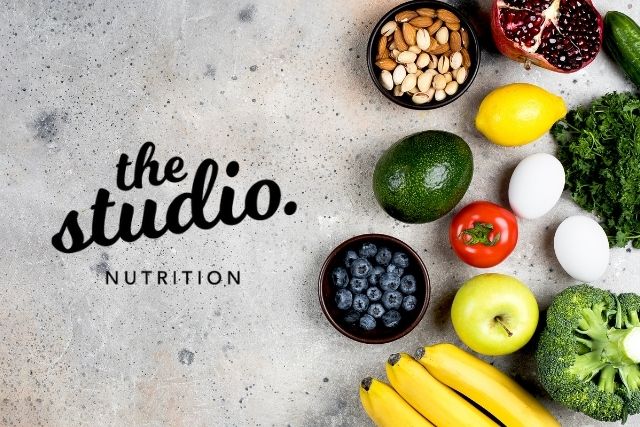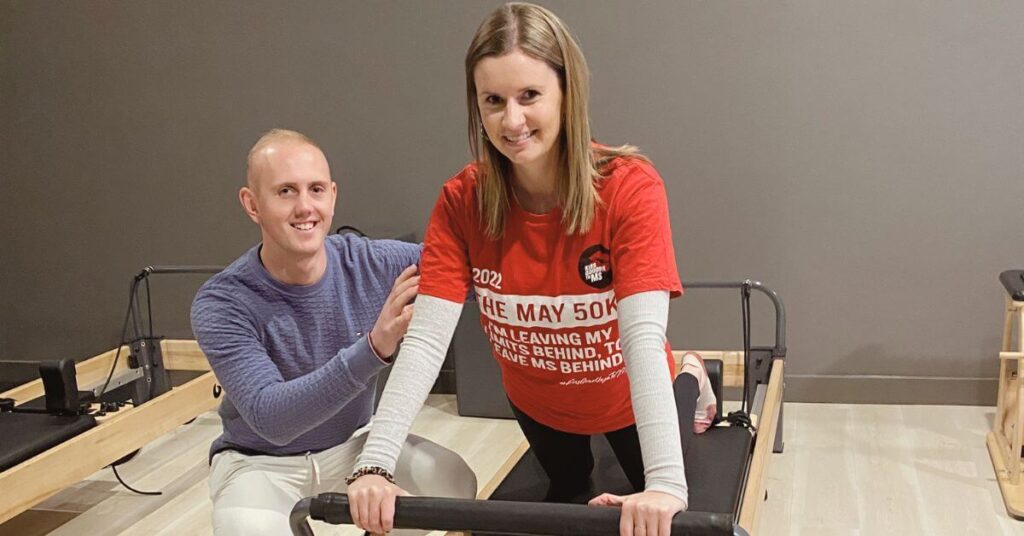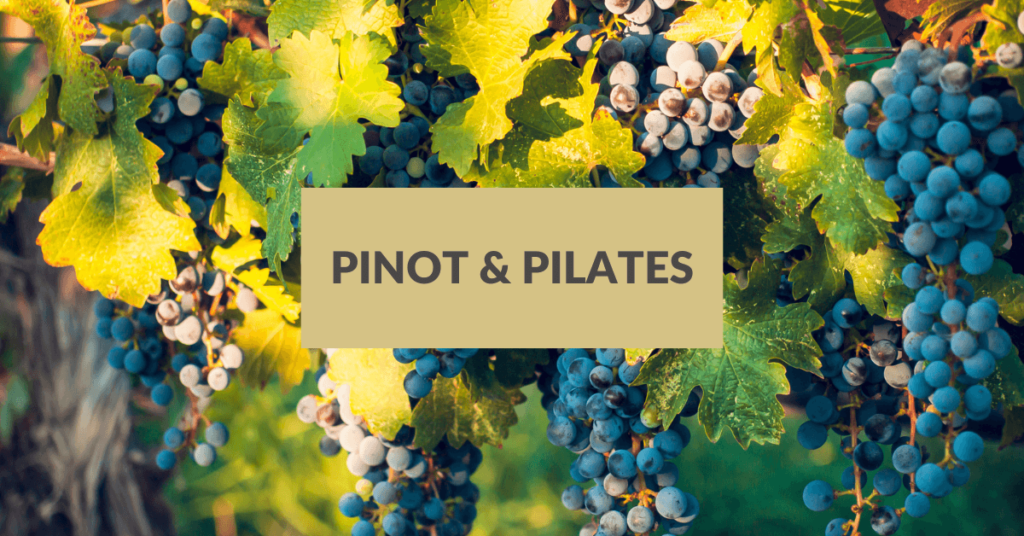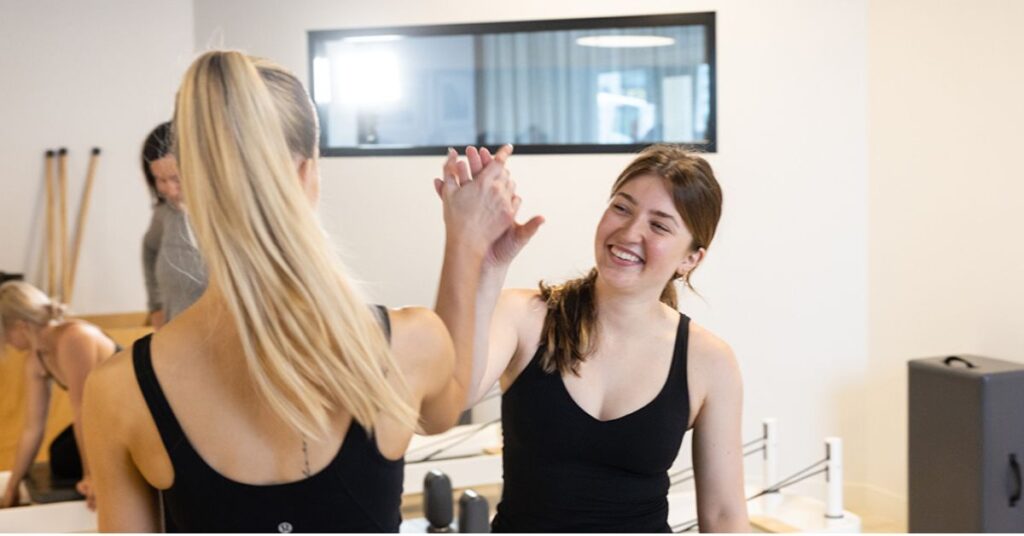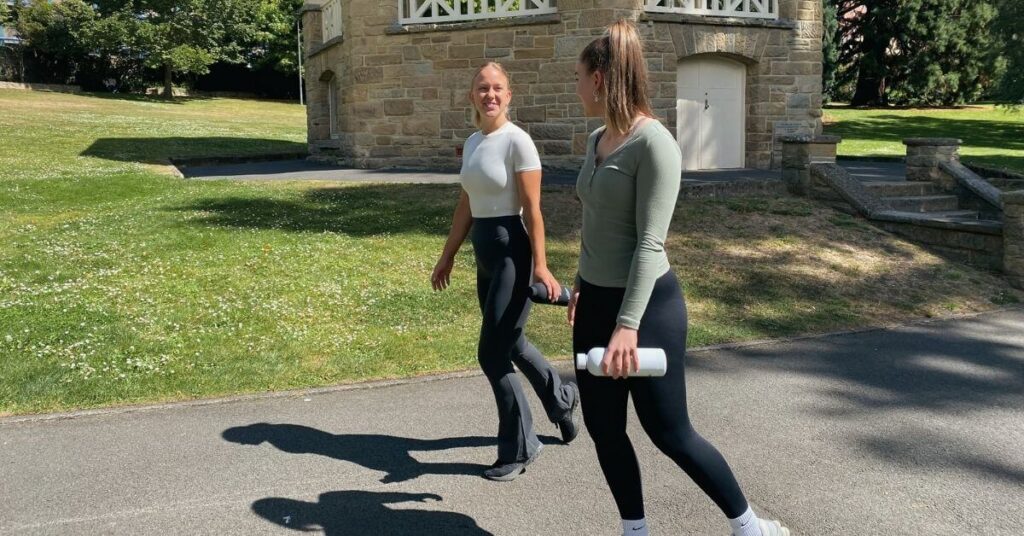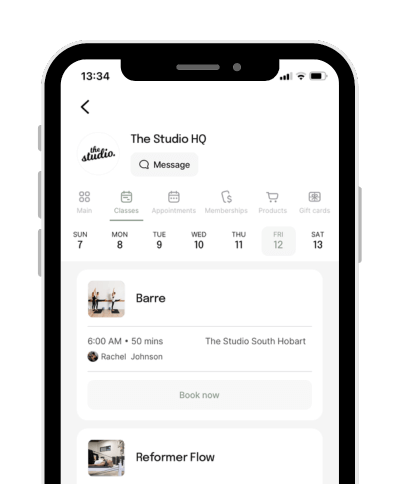by Pete Eastment: Pete is passionate about nutrition, people and helping members improve their wellbeing through movement. Pete is a diploma Qualified Pilates Instructor, Certified Personal Trainer, Rehab Trainer, Cycle Coach and Boxing Coach.
Getting to know your nutrients
When we eat it is important to remember that we eat food, not nutrients. That doesn’t mean that we don’t need to know about them. Nutrients are broken down into two different categories: Macro and micronutrients. Macronutrients are called macro due to the level in which we require them to maintain a healthy and functional body where micronutrients are still crucial to the body’s survival, but as humans, we don’t need them to the same quantities.
What you need to look at is:
- How big or small you are
- How much lean mass or body fat you have
How active you are - How intense long-lasting the activity is
- Your age
- Genetics
- Food tolerances
- What you want to eat
Carbohydrates
When we look at our carbohydrate intake we need to consider:
- Humans evolved by eating a wide variety of seasonally available carbohydrates. These foods are a higher quality less processed source which provides us with more natural sources of carbohydrates than the more refined forms such as pasta, bread, pastry and foods with high sugar content.
- We need to look at long-lasting slower digesting foods that will keep us fuller for longer, like rice, potatoes, whole grains and legumes. These foods are all low GI which means that they are slower digesting and satisfy us for longer.
- If you are sitting behind a desk all day your carbohydrate requirements will be different from those that are doing a 45-minute cycle class or weights session.
- Some individuals will be more suitable for a greater intake of carbohydrates. There is a small percentage that performs best on an increased level of carbohydrates. These people are normally tall individuals that are best suited for more endurance events.
A form of Carbohydrate is sugar. Sugar comes in 50 plus different forms. These forms come in foods such as fruit, vegetables, drinks and sweets, but can be hidden in foods as a sweetener. The biggest difference is the refined sugar to natural sugars. The refined sugars are processed faster and enter the bloodstream faster and can be stored as body fat more easily than sugars that you would find in strawberries, blueberries and bananas.
Protein
When we think of protein we think mostly of meat such as beef, chicken and turkey. Protein is very commonly misunderstood and people are unsure of what protein is, how much they need, where it comes from and whether it is good for weight loss.
Protein has so many more qualities than just building muscle. Protein aids energy production, enzyme production, immune system health and skeletal and connective tissue. Protein will help you grow lean muscle for a sporting event or will aid in the prevention of illness.
- Humans of any age, gender and activity will benefit from protein in their diet. We function best when we get a wide variety of different proteins.
- The building blocks of proteins are amino acids, and they play many key roles in the body. There are 20 different amino acids, and with 8 essential for the health of the body that we can’t make in our bodies. The best way to ensure we maintain healthy levels is to diversify our diets and eat a variety of different fruits and vegetables of different colours and seasons.
- When we are active and training or exercising we need an increased amount of protein in our diet to allow for muscle growth and repair and overall health. For an individual that might only do a single yoga class each week, their protein intake will not need to be the same.
Fats
Eating fats is an essential part of a healthy diet. Fats provide us with essential nutrients and enzymes to power our body. We need all forms of fat in our diet including saturated fat which you can find in meat and dairy. We need to be careful with the amount we consume as higher levels of saturated fat can increase cholesterol, clog our arteries and increase the risk of poor cardiovascular health. Fat in our diet plays a major role including:
- Energy
- Balancing hormone production
- Forming our cell membranes
- Forming our brain and nervous systems
- Transporting vitamins
- When eating fats we need to focus on getting our sources from minimally processed and unpackaged foods. High processed foods diminish the quality and nutritional integrity of the food. If we focus on fresh and natural forms and eat a variety of different sources then we will have a great source of fats.
- Fats are high energy-dense foods, so as fats take up a smaller portion of our diet we need to ensure that we eat fats and especially saturated and processed fats in moderation.
- A common focus in the 21st century is cholesterol. Saturated fats are a source of bad cholesterol so this is another reason for us to manage our intake.
To get a variety in our diet is an integral basic strategy to ensure we are eating and getting a diverse range of nutrients, minerals, and enzymes. When we look at the variety we don’t need to change our diet or food selection every night or for every meal. The key is looking at the abundance of food and meals available to us in our amazing multicultural world and start to experiment with the options available to us.
Hungry for More?
Unlock the secrets to great nutrition with one-on-one coaching. Book a consultation with Performance Dietitian and Nutrition Consultant Emilie Burgess.

